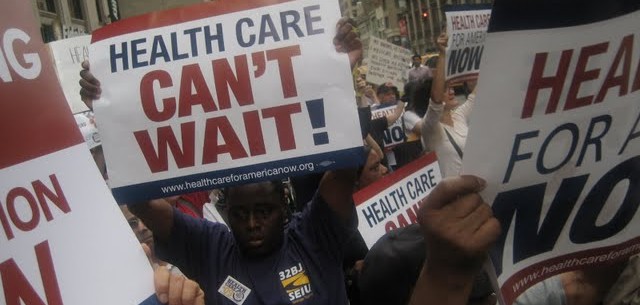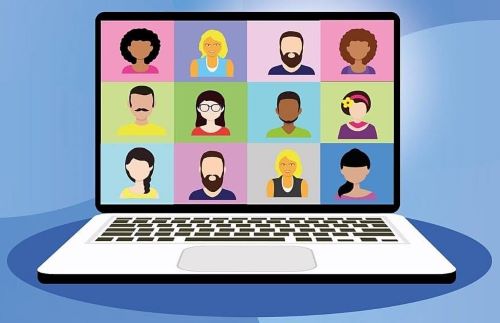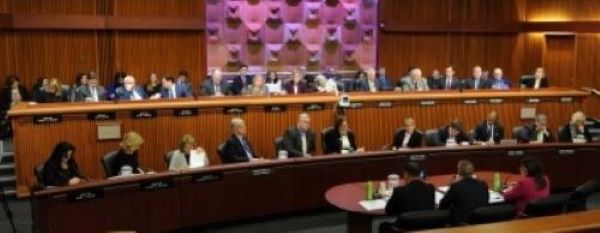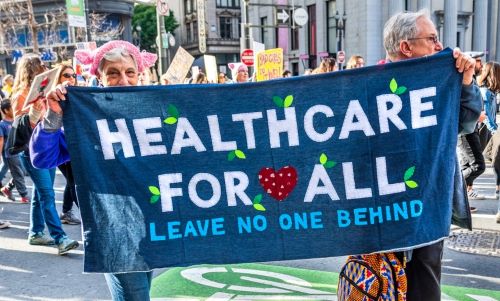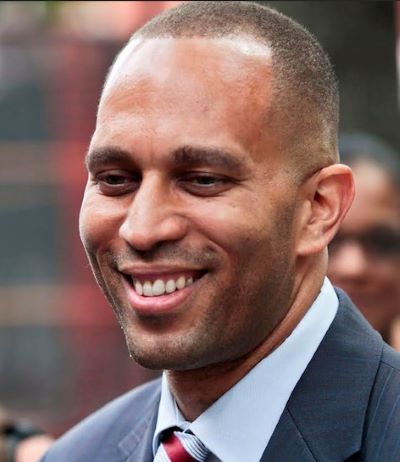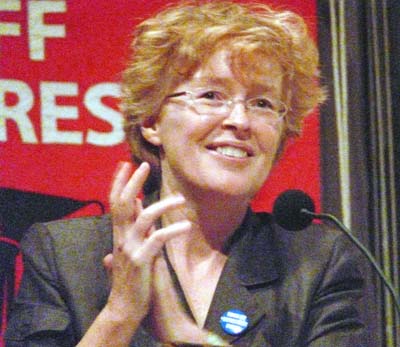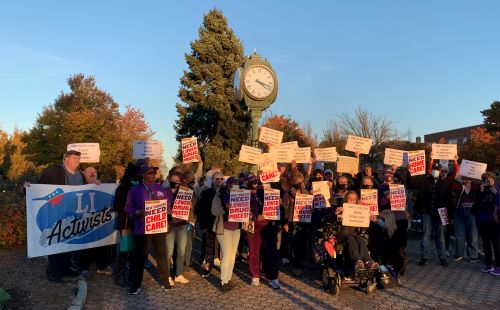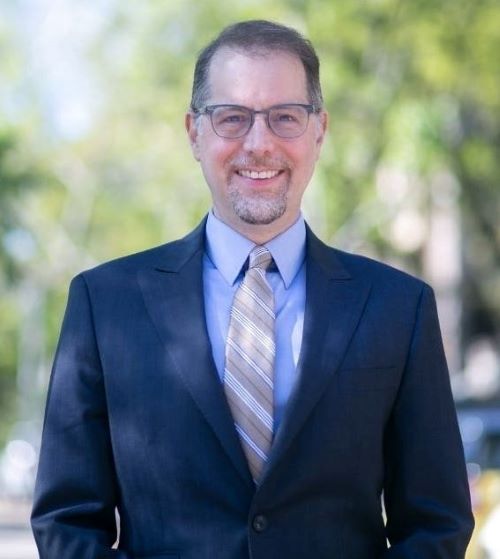We’re excited to invite all New York health care and social justice advocates and activists to our 2021 Health Care Justice Leadership Annual Gala! We’ll be gathering online to shine a spotlight on and salute some very worthy individuals and groups who’ve risen to the occasion in exemplary ways during 2021, and we want EVERYONE to join us! Once again this year, people can join us at the end of the workday from the comfort of your own home or office (so that we can keep everyone safe) while we celebrate our honorees and hear words of wisdom from our keynote speaker.
Our honorees this year include:
- For governmental leadership, Rep. Hakeem Jeffries
Rep. Jeffries has served New York’s 8th Congressional District, encompassing central and southeast Brooklyn neighborhoods since 2013. He is currently a member of the Budget and Judiciary Committees, and chairs the House Democratic Caucus. During the current 117th Congress, he has led successful votes to provide pandemic relief, update and expand our social contract and safety net via the Build Back Better Act, advance tax fairness, and protect and improve democracy via the For the People Act and the John Lewis Voting Rights Advancement Act.
- For Trade Union Leadership, Barbara Bowen and Judy Sheridan Gonzalez
Barbara Bowen and Judy Sheridan-Gonzalez both stepped down in 2021 as the president of their respective unions, the Professional Staff Congress of the City University of New York, and the New York State Nurses Association. Both have been dynamic, visionary women labor leaders in our city and state. Both led their unions in new politically progressive directions and turned away from go-along-to-get-along approaches to people in power. Both understood the importance of working in partnership with community leaders and members to advance health care and social justice.
- For community leadership, NY-4 Health Care Action, and Mary Clark
NY-4 Health Care Action is a collaboration of activist groups in Nassau County who have joined forces to engage their local members of Congress and constituents in support of the Build Back Better Act and its health care provisions. Leader groups include Indivisible Nassau County, Long Island Activists, Long Island Progressive Coalition, Nassau County Democratic Socialists of America, NY Progressive Action Network, NYS Alliance for Retired Americans, and 1199SEIU United Healthcare Workers East.
Mary Clark has been the Southern Tier Regional Director for Citizen Action of New York since 1985, and has led their federal health care advocacy efforts for many years in coalition with many other groups. Since 2008, she has coordinated the Health Care for America Now campaign across New York State.
Keynote speaker: Hon. Mark Levine
Mark Levine has just started his tenure as Manhattan Borough President after serving 8 years on the New York City Council representing the 7th Council District, encompassing the Manhattan neighborhoods of Manhattan Valley, Morningside Heights, West Harlem, Hamilton Heights, and Sugar Hill. During his second term on the Council (2018-21), he chaired its Committee on Health. In that role, he often held both the Cuomo and DeBlasio administrations publicly accountable for their policies and actions with regard to the COVID-19 pandemic, something few other public officials were willing to do, and he often spoke out for the needs and concerns of the community and health care workers.
_____________________
Please make plans to join us online on Thursday evening January 27th from 5:00 to 6:30 p.m. We’ll miss seeing and greeting everyone in person again this year, but look forward to doing so again soon, hopefully next year. In the meantime, feel free to bring your own libations and nibbles to your at-home screen, and wear your best activist gear so that we can see the beautiful diversity of our movement!
How to attend our online 2021 Health Care Justice Leadership Annual Gala:
- FIRST, EVERYONE should RSVP here so that their name gets on the list to receive further information by email about how to join the event in real time.
- NEXT, Individuals should make your donation here. Our suggested contribution is $75/person, however any amount larger or smaller is welcome and appreciated. Once a donation is made, you will receive the online connection information for the event.
- Unions and organizations can submit their donations here once a specific commitment is made to us via email. Groups can support our Gala by joining the Host Committee, placing an announcement in the online Commemorative Journal, and/or reserving a package of tickets. Each group will receive a number of complimentary tickets based on the type and amount of support, and they can be used by any leader, member, or staff.
We need to ask everyone to please be as generous as you can with your financial support for our Annual Gala this year. Because of the ongoing pandemic, we were not able to undertake our Annual Dues Campaign in the spring, so we now have to make up the difference. Fortunately, we had sufficient reserves on hand at the time to see us through the summer and fall, but now our resources are depleted and must be replenished for us to continue our important work in 2022.
We have several efforts to advance health care justice and health care for all during 2022. First and foremost, in Congress we need to get the Build Back Better Act over the finish line, advance tax fairness, and defend and improve voting rights and democracy across the U.S. Here in New York, we are seeking to expand public health coverage to all low-income immigrants and pregnant women, expand Medicaid access and improve Medicare affordability for low-income seniors and people with disabilities, end patient medical debt, strengthen safety net hospitals, and improve community engagement in the oversight of hospitals and nursing homes. Your generous financial support will enable us to foster community and labor collaboration toward these goals and other issues that will arise over the course of the year.


